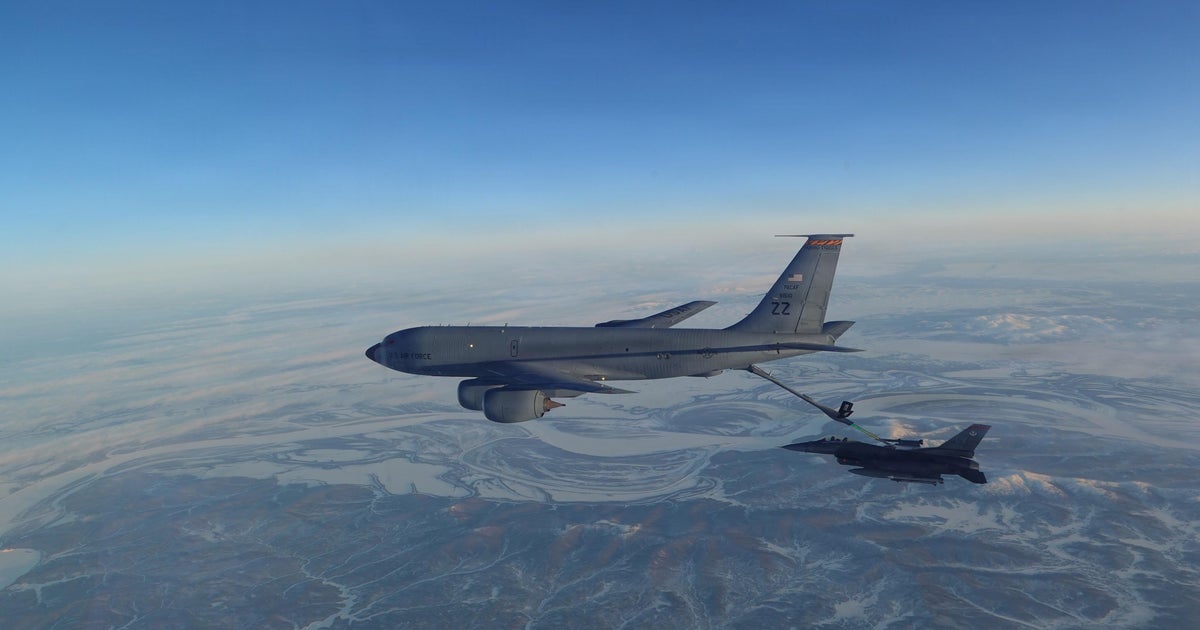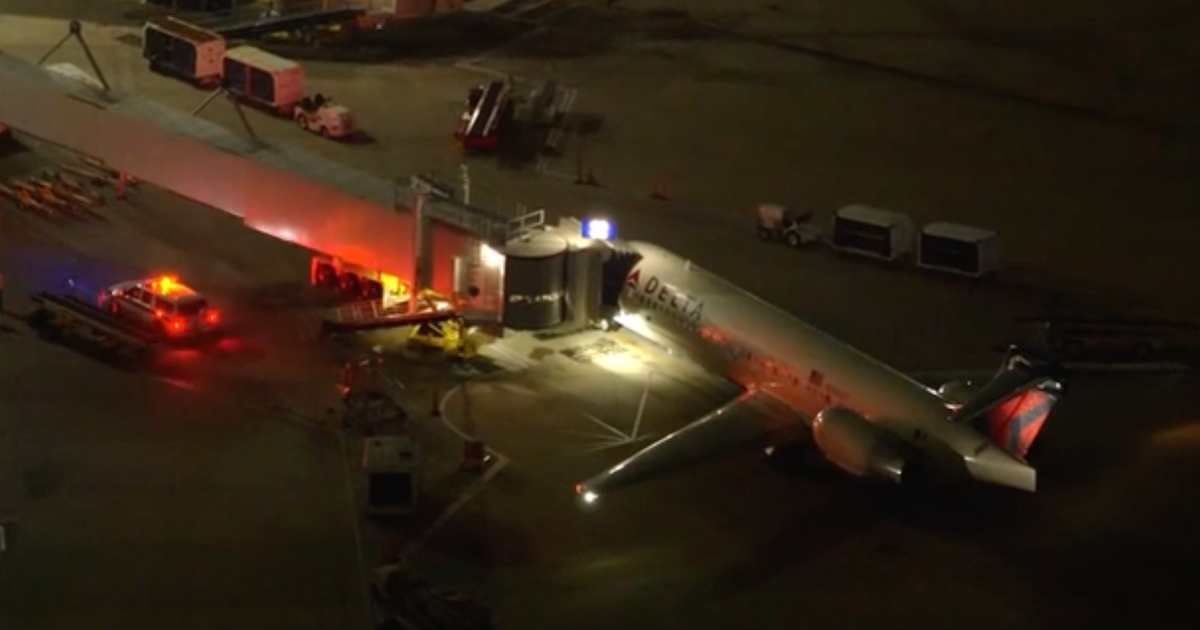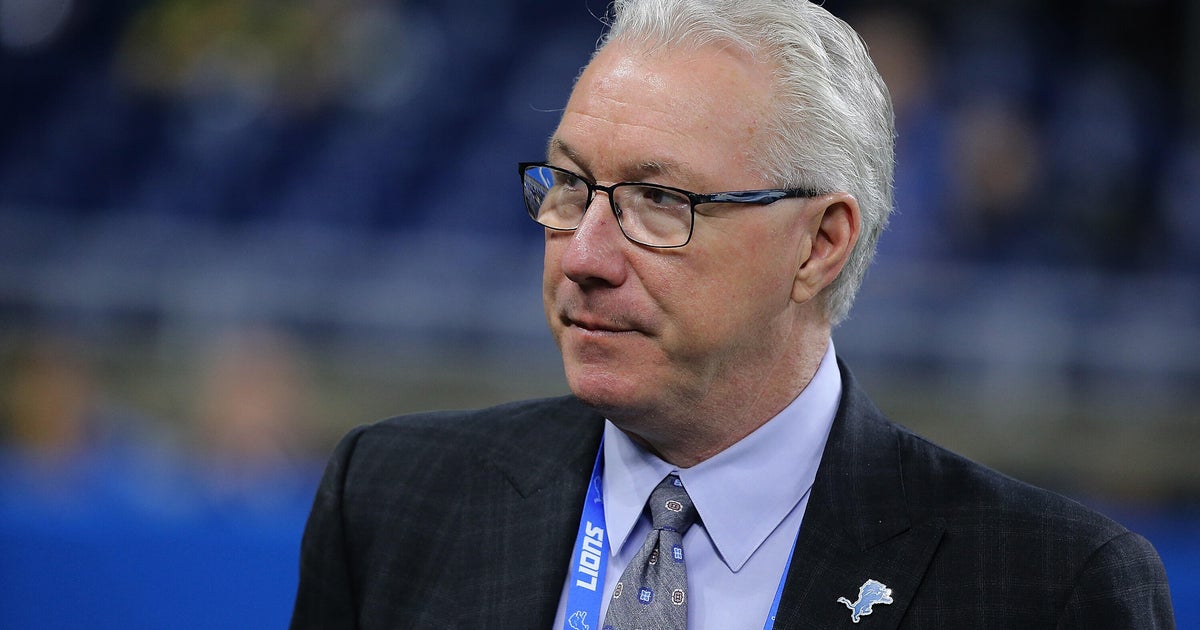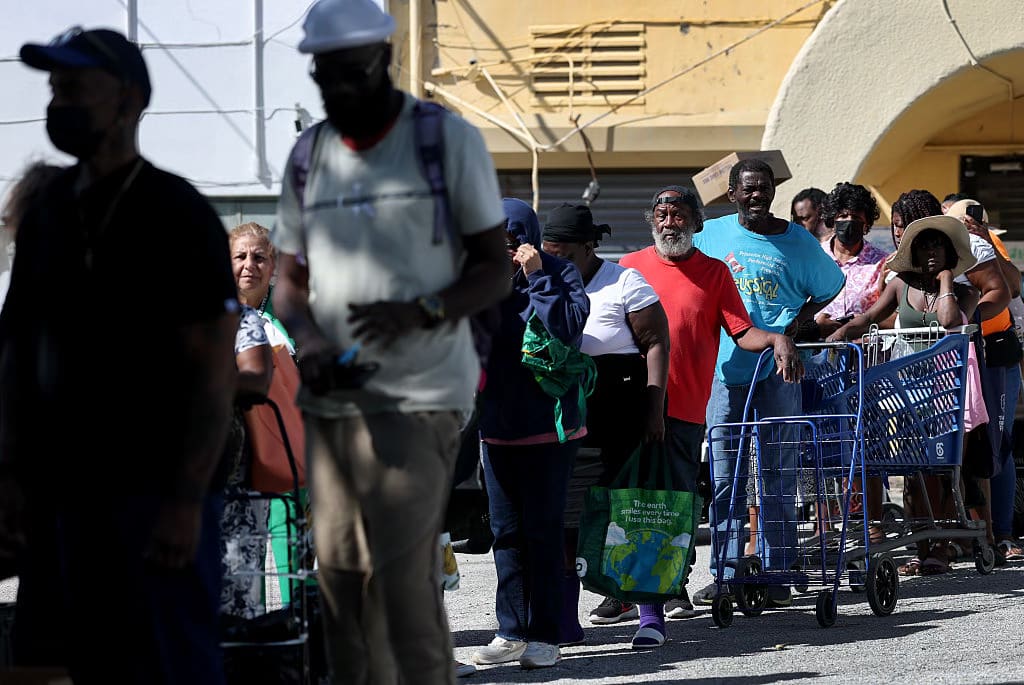For Boeing CEO Dennis Muilenburg, 737 Max grounding is a stern test
- An aerospace engineer by training, Boeing CEO Dennis Muilenburg started as an intern in 1985
- He rose to lead the defense division and was tapped as CEO in 2015
- Muilenburg assured President Trump on Tuesday evening that 737 Max planes were safe
- He now supports the FAA's Wednesday grounding of the 737 Max out of an "abundance of caution"
Boeing is the only company CEO Dennis Muilenburg has worked for. But he may be facing his biggest challenge yet. After two fatal crashes of the Max 8 model within five months, the U.S. Federal Aviation Administration seemingly capitulated Wednesday, grounding 737 Max 8 and 9 aircraft. That followed similar actions to stop flying these planes from many other countries, including China and the EU.
With the FAA grounding the latest version of the 737, a model line known as the workhorse of the airline industry because it's the best-selling passenger jet ever, Muilenburg will have to shore up public confidence. The longer that takes, the bigger the risk of airline defections from a record-breaking seven-year backlog of more than 5,000 737 aircraft destined for about 80 airlines.
Muilenburg is piloting a company that's key to the U.S. economy -- it's America's biggest exporter. And it had been cruising along. Its stock had more than doubled since the beginning of 2018, but the Ethiopian Airlines crash erased about $28 billion in market value by Tuesday. The shares rebounded a bit Wednesday after President Donald Trump announced the FAA was grounding 737 Max planes, but fell another 1% Thursday. Muilenburg in a statement said Boeing supported the administration's move out of an "abundance of caution."
Always a Boeing employee
Muilenburg, 55, is a lifelong Boeing employee. He became its president in 2013 and chief executive two years later, according to his official company biography. He was appointed chairman of the board in 2016. After joining the company in 1985 as an intern, he worked his way up the ranks, first as an aerospace engineer and program manager, and later running the defense division. He succeeded James McNerney as CEO in 2015. Last year the company reported his total compensation rose to about $18.5 million.
Muilenburg has come under fire from nearly every interested party from union members to suppliers, with the exception of shareholders, as Bloomberg put it in a 2018 profile. Shareholders have applauded his work, with Boeing stock having climbed roughly three-fold since the beginning of 2016 before this week's price drop.
The CEO's relationship with the Trump administration is close. For instance, when Mr. Trump complained about the high cost of Air Force One, it was Muilenburg who personally negotiated the price of the next version. Acting Defense Secretary Patrick Shanahan was previously a longtime Boeing executive. And former U.N. Ambassador Nikki Haley, who as South Carolina's governor fought unionization at Boeing's new manufacturing plant there, was tapped last month for a seat on the Boeing board.
Boeing is used to having a friend in the White House. It also had a close relationship with the Obama administration. The previous president famously described himself as Boeing's top salesman during his overseas trips and diplomacy.
So it wasn't surprising that Mr. Trump spoke with Muilenburg on Tuesday evening as more countries grounded the 737 Max. The CEO assured the president he believes the planes are safe, CBS News' Kris Van Cleave reported. Muilenburg reiterated that belief in a Boeing statement Wednesday following Mr. Trump's announcement the 737 Max models would be grounded.
Worst-case scenario
For Boeing, halting all 737 Max deliveries could cost it $5.1 billion, or roughly 5 percent of annual revenue, in just a two-month period, the Washington Post reported this week, citing analysts at Jefferies.
Indeed, Boeing confirmed on Thursday it's pausing deliveries of 737 Max model planes to customers around the globe after the U.S. grounding. The planemaker will continue to build the 737 models at its current rate, spokesman Chaz Bickers confirmed in an email to CBS MoneyWatch. Reuters first reported the delivery pause.
Boeing builds 52 aircraft a month of all models of the 737, the world's most popular aircraft. The company doesn't break down how many of the newer 737 Max versions come off the assembly lines along with the older design, known as the 737 NG, which the world's biggest planemaker still makes.
"We continue to build 737 MAX airplanes, while assessing how the situation, including potential capacity constraints, will impact our production system," Bickers said. "No change to our production rate at this time, but we continue to work through production decisions."
UBS analyst Myles Walton, who predicted Wednesday in a research note that Boeing would have to halt deliveries of 737 Max models to clients while the planes remain grounded, said the company could also have to make "concessionary payments of some sort to maintain positive customer relations." Norwegian Air, for instance, is seeking compensation for lost revenue from its grounded 737 Max planes.
Carter Copeland, an analyst at Melius Research, estimated in a note that Boeing could incur roughly $1 billion in potential permanent losses and "several billion of timing-related costs, depending on the scenario you want to assume."
That doesn't include customer cancellations of the aircraft, though "we would expect to see few, if any," Copeland wrote.



